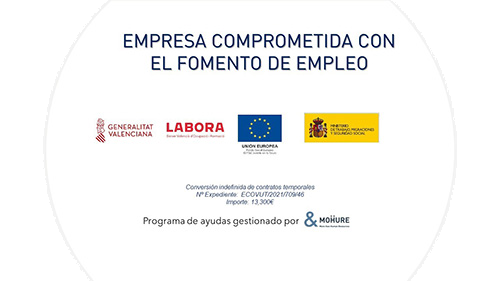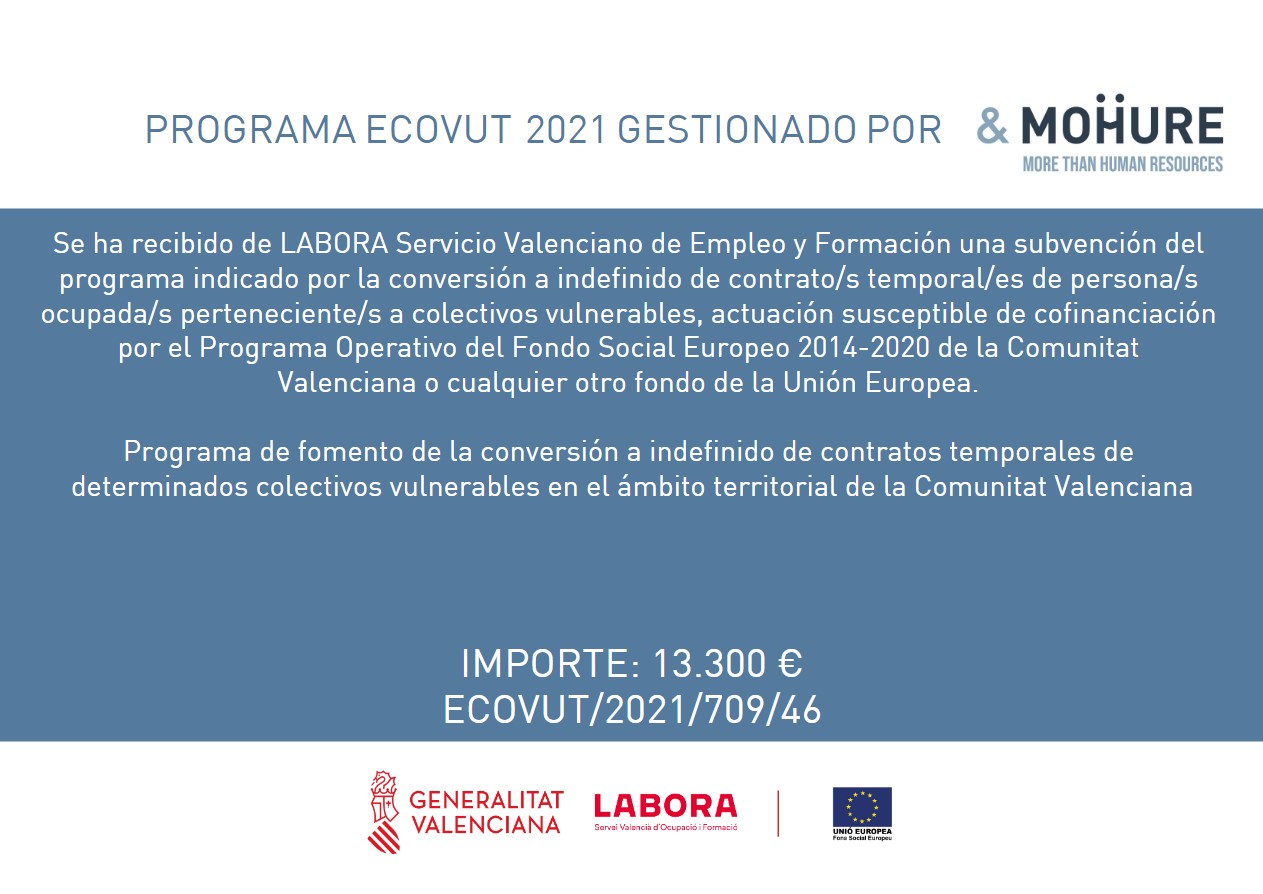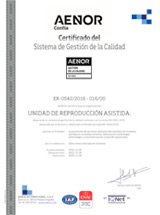The use of this revolutionary technique has created a complex controversy around the consequences of its application in humans
The genomic edition focused on the last extraordinary session of the Royal National Academy of Medicine, a genetic engineering technique that is revolutionizing biological research, in which he participated Professor of Cell Biology at the Miguel Hernández University and director of the Department of Genetics Unit Of Reproduction HLA Vistahermosa, Joaquín Rueda.
 According to the geneticist explains “genomic editing makes it possible to change the structure of genetic material as if we were doing it in a word processor. That is, the ability to substitute a wrong DNA sequence for a correct one, accurately and efficiently. ”
According to the geneticist explains “genomic editing makes it possible to change the structure of genetic material as if we were doing it in a word processor. That is, the ability to substitute a wrong DNA sequence for a correct one, accurately and efficiently. ”
This method, considered as the most important scientific achievement of 2015, is carried out with the so-called CRISPR tool, popularly known as “molecular scalpel”, initially discovered by the Alicante scientist Francisco Martínez Mojica, a professor at the University of Alicante. In charge of opening this meeting of scientists.
Joaquín Rueda points out that this is a simple technique that can be carried out in any laboratory of molecular biology, although he points out that at the moment there are no results because it is in the phase of practical experimentation. Applications in biomedicine have been made in agriculture and in some animals, and focus on several fields such as the modification of viruses to reduce their aggressiveness; The manipulation of the genes responsible for the development of the cancer or in genetic diseases that are produced by mutations in DNA, to reverse that mutation.
Of particular relevance is the application of this technique in the field of Reproductive Medicine, where there are already many experiments  that modify gametes and embryos to avoid the transmission of some hereditary diseases and to improve their quality. According to Rueda, “we are talking about genetically improving the human race, which is a very important qualitative leap in research and can have serious consequences that have to be debated by society. There have already been two large Chinese scientific groups that have successfully manipulated the genome in human embryos. In one case to cure one disease, and in the other to improve the embryo’s resistance to infections. ”
that modify gametes and embryos to avoid the transmission of some hereditary diseases and to improve their quality. According to Rueda, “we are talking about genetically improving the human race, which is a very important qualitative leap in research and can have serious consequences that have to be debated by society. There have already been two large Chinese scientific groups that have successfully manipulated the genome in human embryos. In one case to cure one disease, and in the other to improve the embryo’s resistance to infections. ”
The Geneticist of Reproductive and Genetic Units of Hospital Vistahermosa explained in the extraordinary session of the Royal Academy of Medicine that “the manipulation or editing of the genome in embryos creates a complex ethical controversy, since there are two positions: that of those who They want to prohibit all experimentation with humans until the consequences are better understood and social consensus is reached; And those who think that if we have the opportunity to improve human health, we have to do it. ”
In this sense Rueda stresses that we must go very carefully in embryo research until we have absolute security in technique and social acceptance, “because the application of these techniques can cause a significant social inequality.” “The danger,” he adds, “is that legislation and social perception vary across countries; In Europe the legislation prevents this type of research in humans, while in the US, China or Mexico is more permissive.










